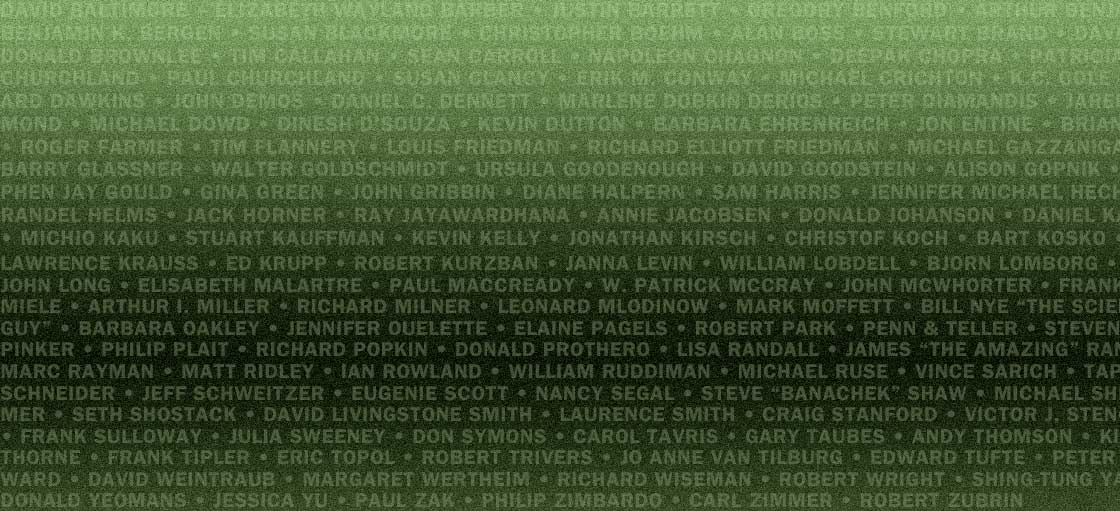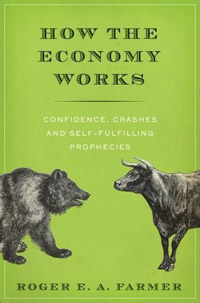“OF ALL THE ECONOMIC BUBBLES that have been pricked,” the editors of The Economist recently observed, “few have burst more spectacularly than the reputation of economics itself.” Indeed, the financial crisis that crested in 2008 destroyed the credibility of the economic thinking that had guided policymakers for a generation. But what will take its place?
In this lecture based on his new book, How the Economy Works, one of our leading economists, the UCLA professor Roger Farmer, provides a jargon-free exploration of the current crisis, offering a powerful argument for how economics must change to get us out of it. Farmer traces the swings between classical and Keynesian economics since the early 20th century, gracefully explaining the elements of both theories. During the Great Depression, Keynes challenged the longstanding idea that an economy was a self-correcting mechanism; but his school gave way to a resurgence of classical economics in the 1970s — a rise that ended with the current crisis. Rather than simply allowing the pendulum to swing back, Farmer writes, we must synthesize the two. The goal, he says, is to correct the excesses of a free-market economy without stifling entrepreneurship and instituting central planning.
Book signing to follow lecture.










